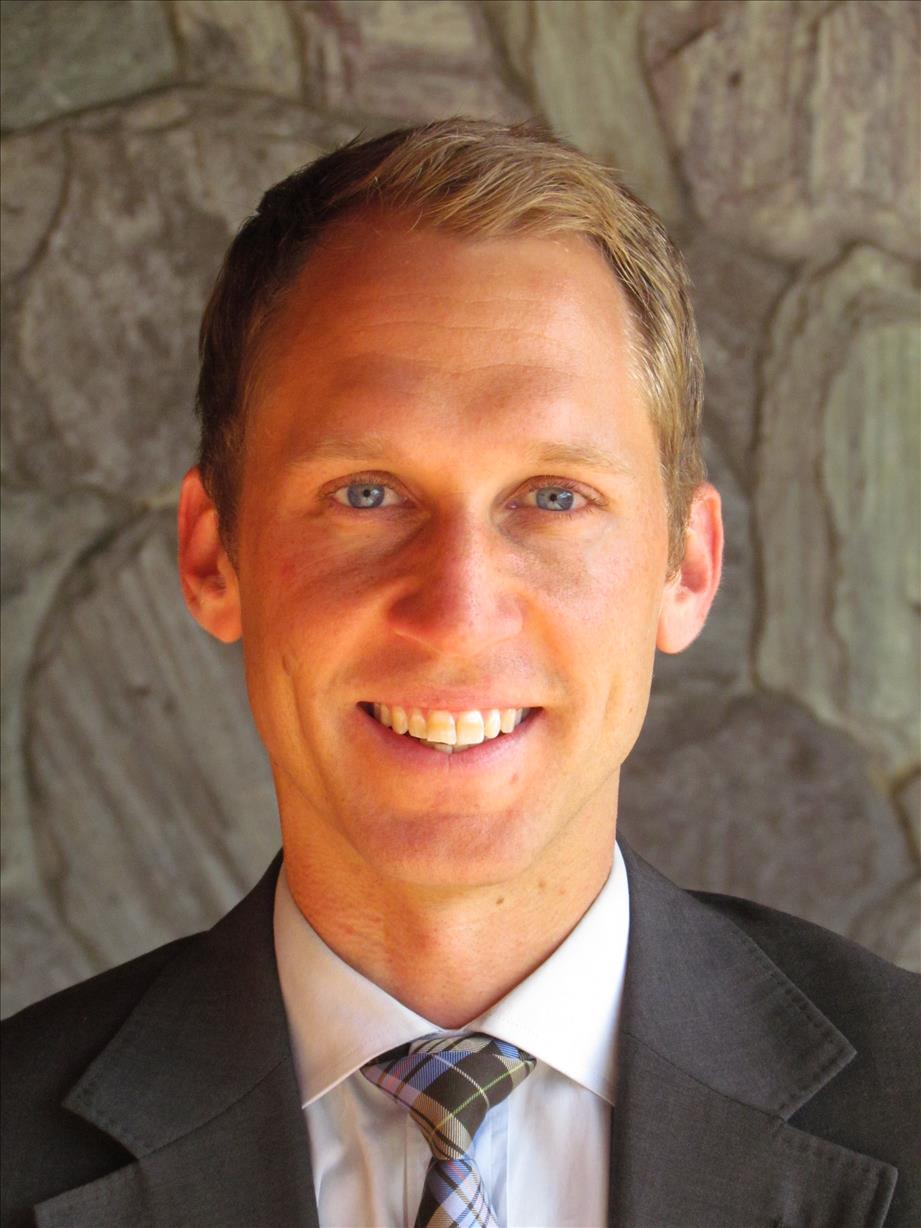It takes a family to raise a child.
While the shorthand term ‘Child Poverty’ is much easier to express than ‘Families with insufficient resources to meet the basic needs of their children,’ it tend to obscure the obvious fact that children have parents.
Together, they make a family; suffer the scarring effects of deprivation and missing on what the rest of society takes for granted.
Together however they can escape the intergenerational cycles of disadvantage.
But they need to be in it together.
If we are to truly help these children, we must promote relationships within families that are safe, stable and nurturing.
Holistic approach
We need a holistic model of problems that our families face and solutions that will make a difference; solutions that include help from whānau, community, and government.
Our political parties unveiled their social policies before the general election held on September 20, 2014.
The British general election is in May 2015 and hence policy announcements are flowing freely there.
British thinking
One idea that has gained surprising support across the political spectrum is the ramping up of what they call ‘Children’s Centres,’ which are local one-stop-shops for child and family assistance.
The Centre for Social Justice (CSJ), a British think tank, has been researching family breakdown for a decade now. It has recommended that the existing “Sure Start Children’s Centres” should become Family Hubs.
This is not just a rebrand.
Currently, the publicly funded Children’s Centres help parents with child health issues, parenting skills, and training and employment.
According to the CSJ, these hubs should be developed into nerve centres that coordinate all family support, including antenatal and postnatal services, information on childcare, employment and debt advice and relationship support.
Separating parents
Parents who are separating from each other will be supported before, during and after separation at these hubs. Fathers would also be encouraged to engage more in their children’s lives. Services would be co-located and tailored to the local community.
British Labour politician, Baroness Jones committed her party to this renewal of the Children’s Centres in a recent speech at the House of Lords.
She argued that a shift from crisis intervention to early intervention will “reduce inequality, boost social mobility and narrow the gap between the most vulnerable and the rest.”
Lord Farmer, her Conservative party counterpart and key proponent of the reforms, said during the same debate, “This is a classic area in which the welfare society has to stand four-square alongside the welfare state.”
It is encouraging to see support across the aisles for this initiative.
I hope that this would remain as the election draws nearer.
In New Zealand, similar centres, called, ‘Early-Years’ Service Hubs,’ do great work.
More than 2500 families each year receive help from these hubs, which have been assessed to be effective at improving outcomes.
This is an excellent start, but we would do well to learn a thing or two from the UK by seeking to harness and develop these centres better. This would put families at the heart of social policy, where they belong.
Kieran Madden is a Researcher at Maxim Institute based in Auckland.







